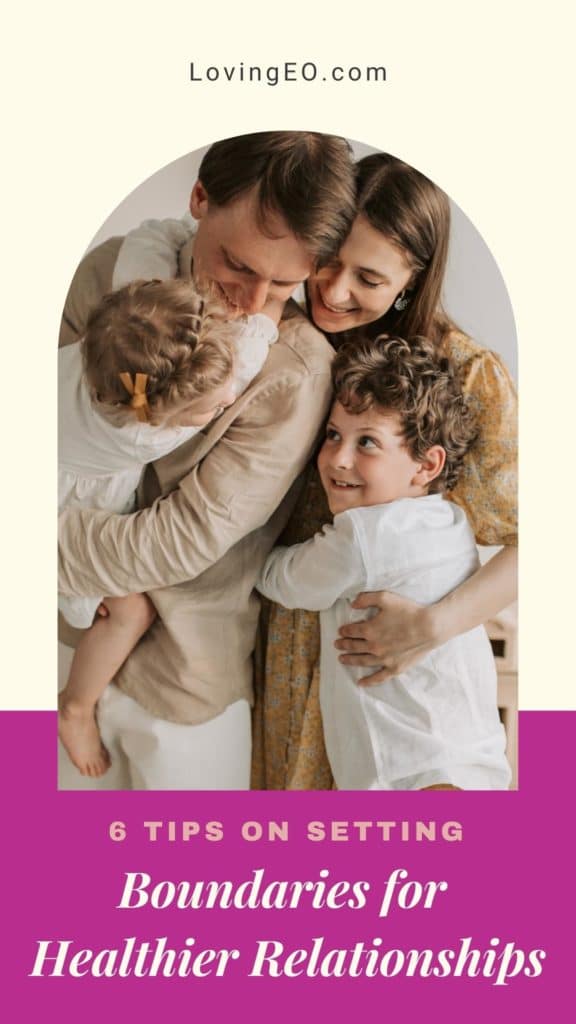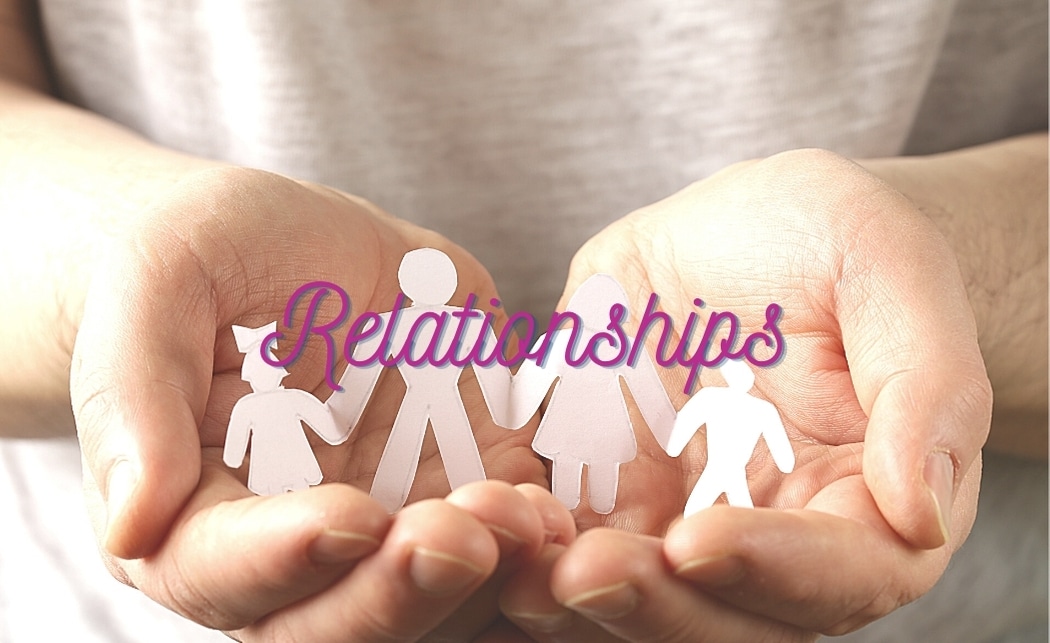Healthy relationships require boundaries. You might discuss things with your best friend with whom you are not allowed to discuss with your mother or child. Here are six tips to help with setting boundaries for healthier relationships.
Boundaries are a way to decide how much you will give and take from a partner. Reexamine your boundaries if you are feeling overwhelmed or irritable in any of your relationships.
Boundaries allow you to take care of yourself while also taking care of others. You can become too generous and not meet your needs, which can lead to resentment and burnout. It’s important to be realistic about your expectations and to protect your time. These are some ways to establish boundaries with the people in your life.
Setting Boundaries for Healthier Relationships
Setting boundaries can have a positive impact on relationships. Your ego and self-esteem are shown in the boundaries that you place in your relationships.
- A low self-worth will lead to unhealthy boundaries. Your focus will be on pleasing others and receiving love and approval. You will be too demanding and overextending yourself.
- Your ego can become too big. You will be unable to use your potential. You have the choice of your own path.
- Find middle ground when defining boundaries to achieve the best results.
How to set boundaries for healthier relationships
These strategies can help you establish boundaries that are both empowering and fair for both sides.
1. Find your core values
What’s your comfort level? Do you feel comfortable sharing your personal financial information with others? Are you okay with family and friends just turning up at your door? Or would you prefer a warning? Do you feel comfortable letting others borrow your car, money or a cup if they are willing to lend it? What level of honesty would you like to show and receive?
* These values may vary depending on who is using them. Your best friend might be able to borrow your car but not anyone else. Some people may be able spend the night on your couch, while others might not.
2. Decide what you want from the relationship
Be kind and non-judgmental when communicating your needs with the other person. This will require assertiveness. It is unfair to expect anyone to be able to read your mind or predict your needs .
3. Find out the needs of the other person
Consider “win-win” when approaching the other person. Have a pleasant conversation about the needs and wishes of the relationship.
4. Determine the consequences
What can you do if someone is violating your boundaries? Tell others about your boundaries, then take action. If someone comes to your home unannounced, you should not allow him in. You can leave if she is late again and move on.
5. Be consistent
Others will naturally test you if you make changes to the rules. You won’t get taken seriously if you are inconsistent. Keep your word and follow through.
Slip into your old patterns, and you’ll likely have a fight on your hands.
6. Don’t be afraid to let go
It is likely that certain people will continue to behave the same regardless of your efforts. It might be a good idea to reconsider the relationship if a person is not able or willing to accept your boundaries and requirements.
Do your relationship boundaries work for you? It can be difficult and stressful to define a relationship. It’s not always easy to make changes.
When others are unable to take advantage of you , you will experience resistance . However, if you keep your efforts consistent, everyone around you will benefit.
Conclusion: Setting boundaries for healthier relationships
It is a great way for us to feel more confident and secure in our relationships. It helps us prioritize what is important and sets clear expectations.
Share on Pinterest






